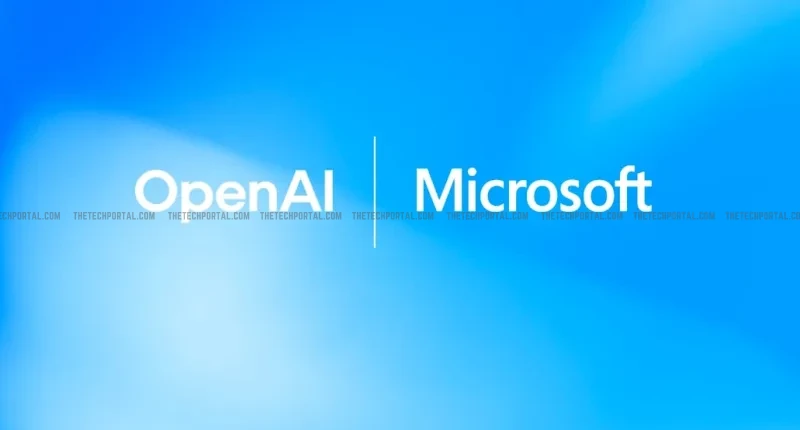OpenAI has finally completed its transition to a for-profit structure after receiving approval for a major corporate reorganization. The company (which was founded in 2015 as a nonprofit AI research organization) has restructured its business operations into a public benefit corporation (PBC). This change allows the ChatGPT maker to raise capital more freely and operate with greater commercial flexibility while remaining under the oversight of its nonprofit parent, the OpenAI Foundation. Importantly, as part of this shift, Microsoft has acquired a 27% ownership stake (worth an estimated $135 billion) in the newly structured OpenAI, valuing the company at around $500 billion. Meanwhile, the OpenAI Foundation will retain a 26% stake in the for-profit company, while 47% will be held by current and former employees and other investors.
As part of the new deal, Microsoft will maintain exclusive access to OpenAI’s technology and future models through 2032, including potential systems that reach artificial general intelligence (AGI). This ensures that Microsoft can continue integrating OpenAI’s tools into its products, like the Copilot features in Microsoft 365 and its Azure AI services. In exchange, OpenAI will commit to using around $250 billion worth of Microsoft’s Azure cloud services over the coming years. However, unlike earlier agreements, the company will now be allowed to use other cloud providers as well.
In terms of AGI, which has also been a central part of the controversial negotiations between Microsoft and OpenAI, the new setup defines clearer boundaries between the two companies. For example, Microsoft can now pursue AGI research independently or with other partners, while OpenAI is permitted to collaborate with third parties on specific product developments.
The restructuring formally ended the experimental ‘capped-profit’ model introduced in 2019, under which investor returns were limited to ensure the organization remained focused on its nonprofit mission. At the same time, for Microsoft (which has invested around $13 billion in the Sam Altman-led company since 2019), the new arrangement represents both financial and strategic advantages. The deal gives Microsoft a massive equity position (~ 27%) in an AI firm that is reportedly aiming for $125 billion in annual recurring revenue by 2029. Previously, Microsoft’s stake stood at 32.5% before OpenAI’s latest funding rounds adjusted the ownership distribution. The Satya Nadella-led tech giant now also holds OpenAI’s technology access rights through 2032, an extension from the previous agreement, which had originally granted access until 2030.
In the meantime, the AI trendsetter also informed that the OpenAI Foundation (which holds an equity value estimated at about $130 billion) will invest $25 billion to boost healthcare innovations and strengthen AI safety and resilience. In parallel, last month, Nvidia announced plans to invest up to $100 billion in OpenAI.
The timing of the latest development is crucial, as OpenAI (which has so far raised around $58 billion in total funding) is facing significant financial pressure from massive server and infrastructure costs. The company is projected to spend a total of $350 billion on server rentals alone from cloud providers through 2030. Apart from financial burdens, the AI giant is also facing legal challenges. More recently, Elon Musk’s xAI filed a lawsuit against OpenAI over alleged trade secret theft.
The Tech Portal is published by Blue Box Media Private Limited. Our investors have no influence over our reporting. Read our full Ownership and Funding Disclosure →






